Note, this post was first shared via Sue’s blog. It was also reblogged at GO-GN.
Thank you Santanu Vasant (@santanuvasant) for bringing #HEblogswap to life. It is a great way to share and connect experiences among practitioners.
Doing something in tandem with Sue Watling (@suewatling) came to my mind as soon as I received the information. Sue’s post can be found here. We first met at Lincoln University in 2012 during an HEA OER Change Academy project. Since then we both changed institutions. But we stayed in touch. We worked and work together in the open and are both PhD students. When Sue invited me to write about my PhD journey for this blog swap, I thought do I really want to reflect on the experience of the last 4.5 years at this moment in time? I just survived my viva last Friday. Everything was still very fresh in my mind… I decided to go ahead and am looking back not at the whole experience but specific only aspects of it.
Ok, how did it all start?
When I was an academic developer at the University of Sunderland, I started an MSc at Edinburgh Napier University in Blended and Online Education. My dissertation brought me to experiment with academic development initiatives that had a cross-institutional and collaborative dimension. I immersed myself into this study. The seeds for my doctoral study are in there and for the many open projects that followed. I was encouraged to consider a PhD by my personal tutor. That was then Dr Keith Smyth was leading the programme and who moved to a different institution and is now a Professor. The PhD I started was at a distance, part-time, self-funded, while working full-time and with a young family. Even before I started it was evident that it wouldn’t be a smooth ride. In fact it became a rollercoaster ride. There were ups and downs… Good times and bad times. I will focus only on a few aspects of the journey today.
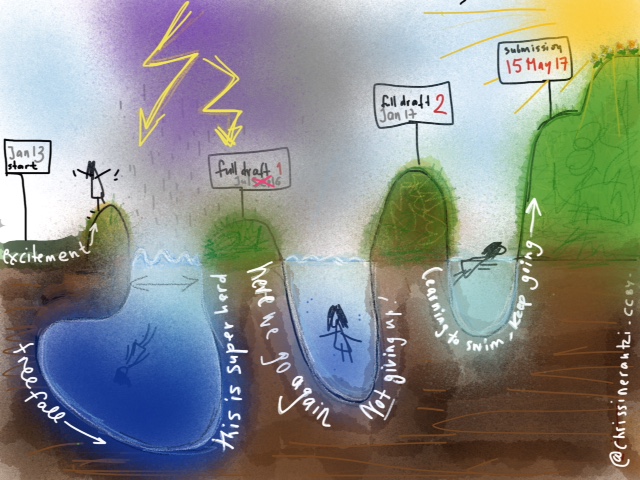
How does your journey look like?
Closing my eyes and transporting my self back in time, the following fills my mind…
Loneliness
Community, or the lack of community, during the first years. I felt lonely and in the dark for a long time. I had no cohort, no peers to turn to. I was doing this study on my own and really felt it. It was hard, super hard. I missed the conversation with peers, other PhD students. People I could share my struggles with and my ideas. The lifeline came when I joined the Global OER Graduate Network for PhD students in open education from around the world. A project led by the Open Education Research Hub at the Open University in the UK. The network literally saved me and helped me grow and believe in what I was capable to do. The network has a face-to-face and online dimension and both are equally important. My own research has illustrated the importance of community in the context of professional learning. Find your network and if there isn’t one consider creating one. My colleague Penny Bentley did exactly that. She needed help with phenomenography, the methodology we both used in our study and decided to create a FB group, which has become a small but useful hub for phenomenographers, where we can support each other. So a sense of belonging was important to me and when I found my home as a PhD student, I started growing and gaining confidence in who I was and what I could achieve.
Oh, no, what time is it?
There were time pressures from work, my studies and often I felt that I neglected my family. I felt guilty. Guilty for coming home switching on the laptop and working. Guilty for working during many many weekends and holidays. “Mummy will you get that PhD?” Is a question that my boys often asked. I needed to be disciplined, determined and stubborn, I guess, to keep going and bring this study to fruition. The discoveries I made during the study fascinated me, helped me to look beyond time. I did find time where there was none. In the end everything came together. It was an exhilarating process and I wanted to share my findings with others. I started sharing my work in progress with others through conferences and articles but also used my learning to develop open initiatives. Some might thing/say that these were distractions but in reality they helped me test some of my ideas and were invaluable for my development as a researcher and practitioner. I could do all this as my study was linked to my work. Some might not have this opportunity.
Writing is super hard!
It is one thing to do the research and another to write about it and articulate it so that it makes sense and is appropriate for a thesis. I am not an English native speaker, so conducting the whole research in English was not easy. However, I am not sure if it would be any easier in Greek or German, as my professional language is actually English. Whatever the language, academic writing does not come naturally to me. My background in teaching languages and translation literature, means that some of that more playful flavour was making its way into the thesis. What helped me was sharing early drafts with colleagues and friends. Even my husband read multiple versions… They could see much quicker what didn’t make sense, what needed to be explained better… Write everyday a little bit, set realistic targets so that you get a sense of achievement. Stick to the routine. Write, write and rewrite. We are all getting better at it through writing. I accepted criticism and learnt through this process. More recently, I have started helping other PhD students unofficially and I can see that I have grown and can help others. Something else, I did to get a break from academic writing… I started writing children’s stories again, especially near the end when I was preparing my thesis for submission.
There were sunny times too
Some might get the impression that it was all a struggle… Yes, there were moments when I thoughts this is never going to happen. But I kept going. My supervisors kept saying “keep going”. I kept going. They were right, I got there in the end and much sooner than the supervisory team expected. And the feeling was amazing. You just need to get through the challenges and you will. A massive portion of determination and stubbornness is of course needed. And support! So so vital. Becoming a member of a community really helped me and filled my batteries with determination and self-belief. I can do this and so can you.
Viva o’clock
As mentioned at the beginning of this post, I just had my viva on the 8th of September. There were many moments where I thought this day would never come. But it did. Today, I feel a real sense of achievement and can see that I have contributed a little something that can make a difference to my own practice and help others consider collaborative open learning in cross-institutional academic development settings through the cross-boundary framework I developed and released under a creative commons license and the specific new insights I have gained into collaborative open learning and the course characteristics that play a key role in shaping that experience. If you would like to read about my viva experience, the preparation I have done for it, check out https://chrissinerantzi.wordpress.com/2017/09/09/i-have-survived-big-friday-go_gn/ and related posts to the viva.
I hope some of these reflections on the journey will be useful for other PhD students, potential and current ones, especially those at the initial stages of their studies.
If you need help, remember to reach out! I think this is key!
Through the PhD journey you will discover who you are and who you are becoming.
I hope some of the above will be useful for you.
If you would like to get in touch with me, feel free to tweet me at @chrissinerantzi.

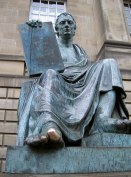
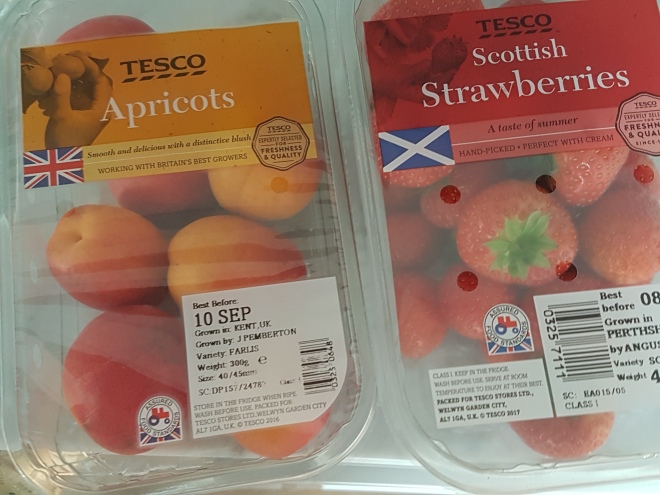
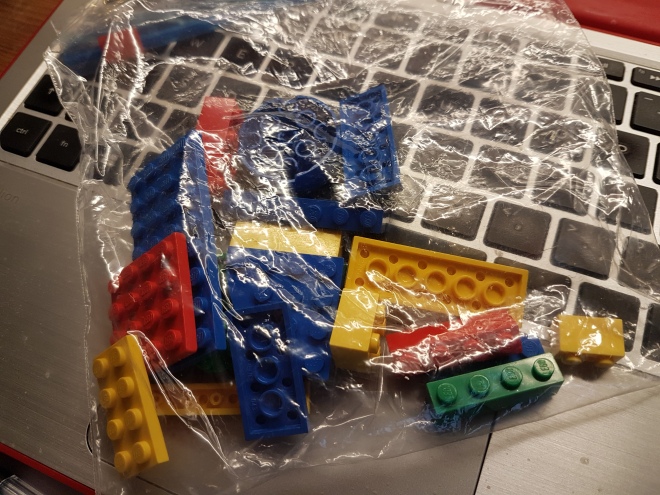
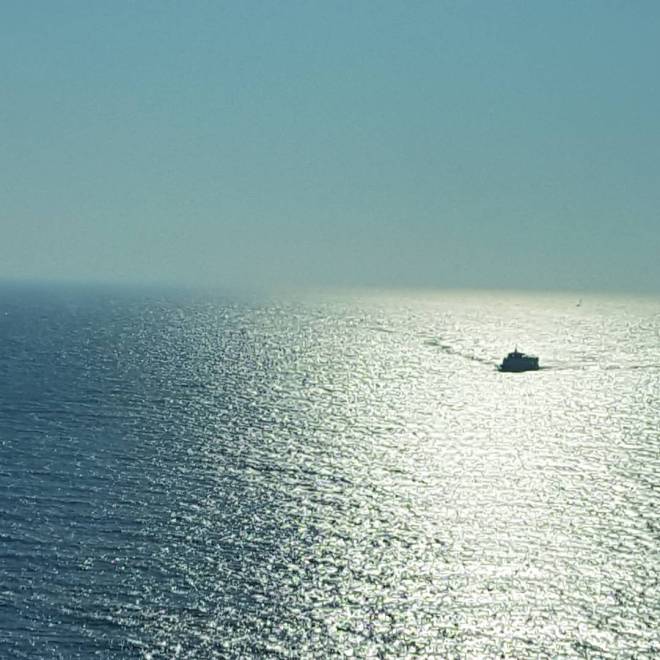
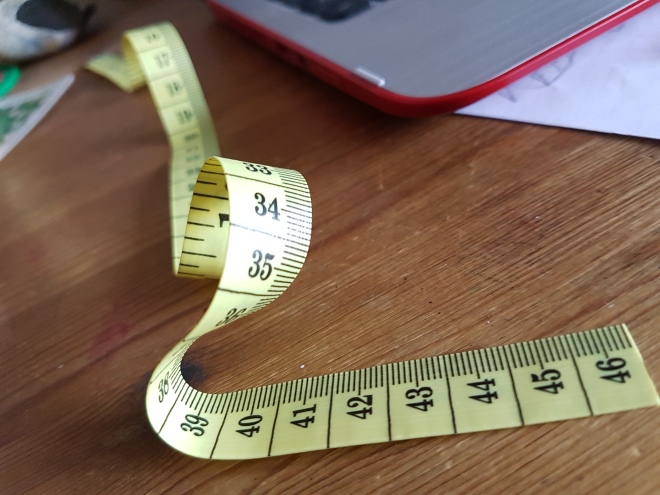
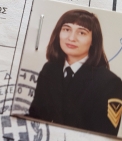
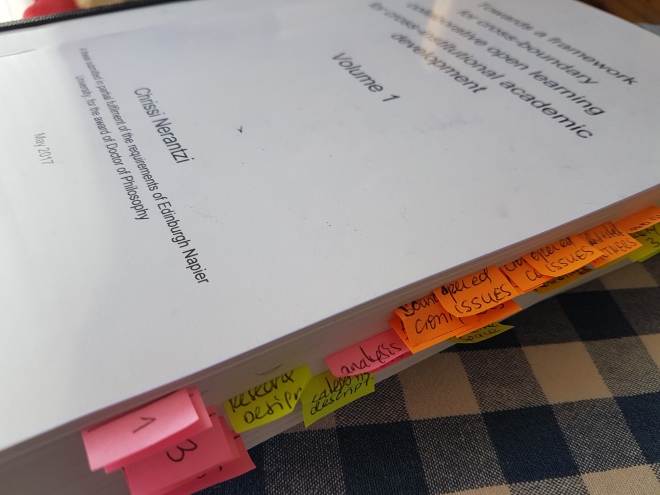
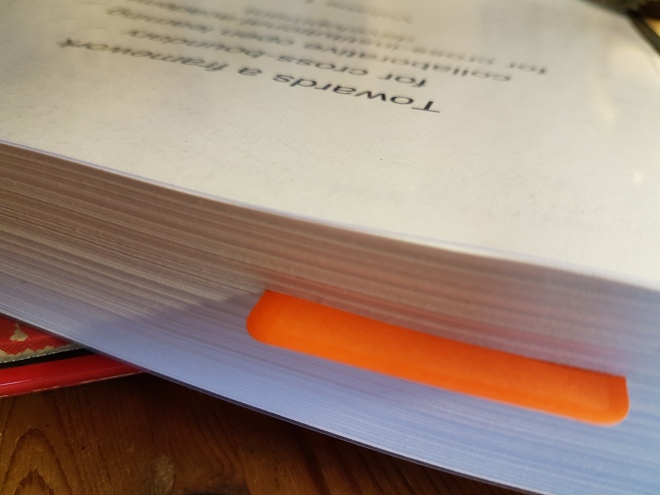
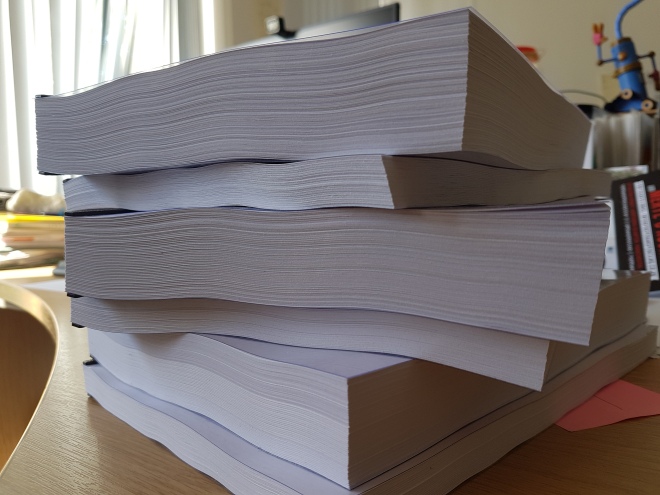
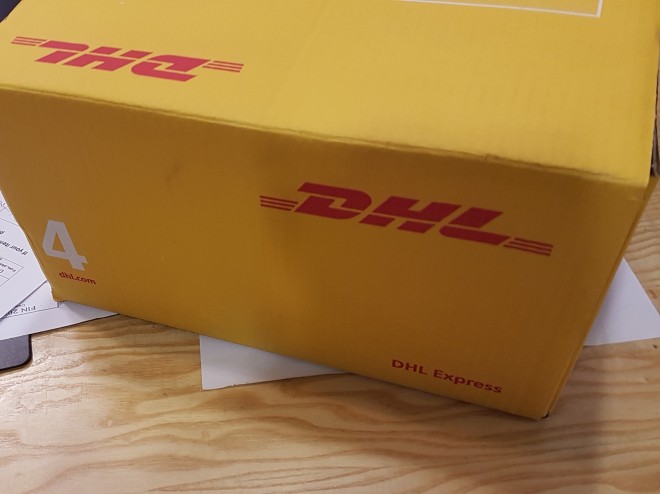
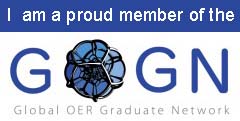
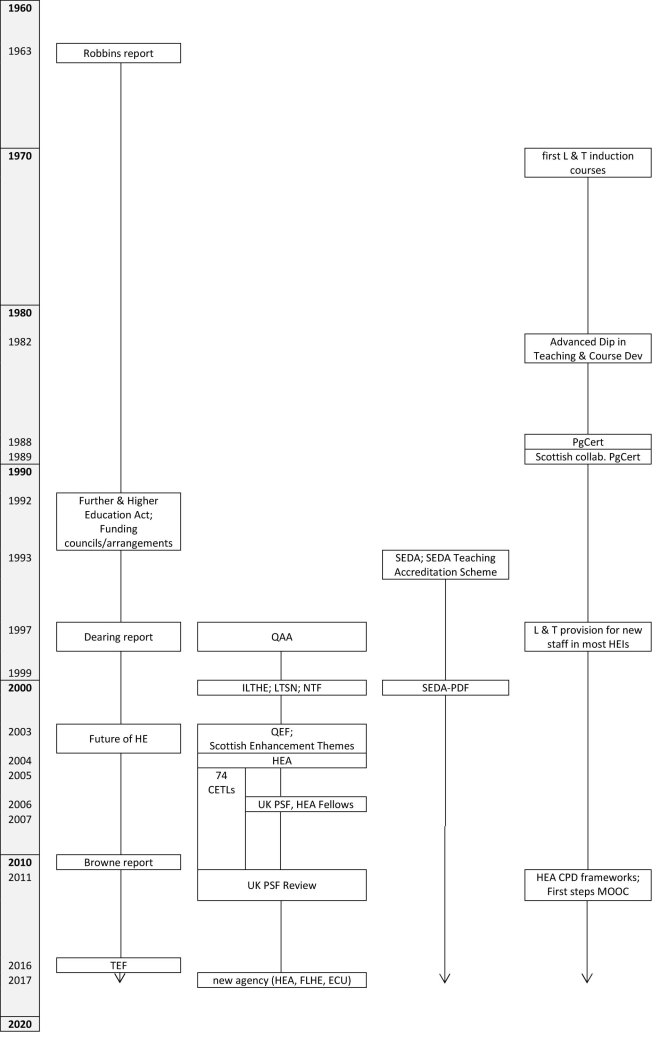
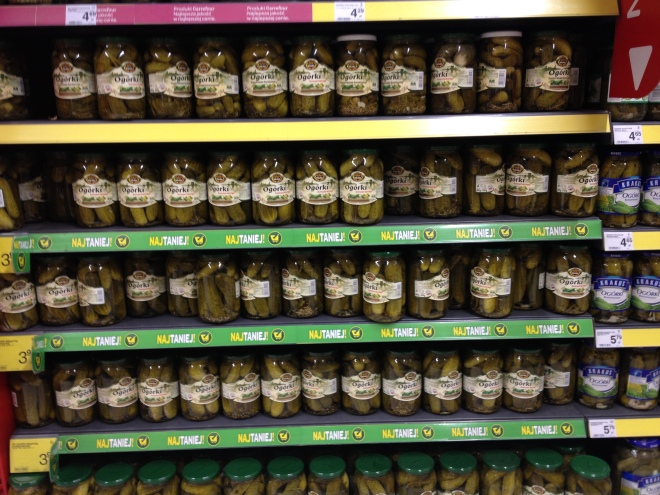
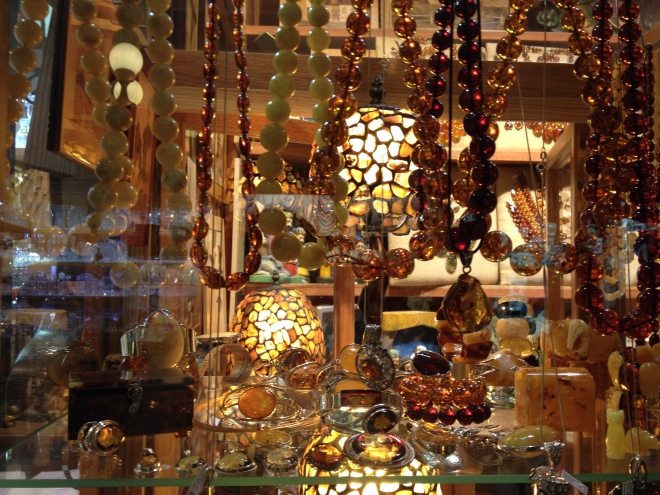
 A big thank you to the
A big thank you to the 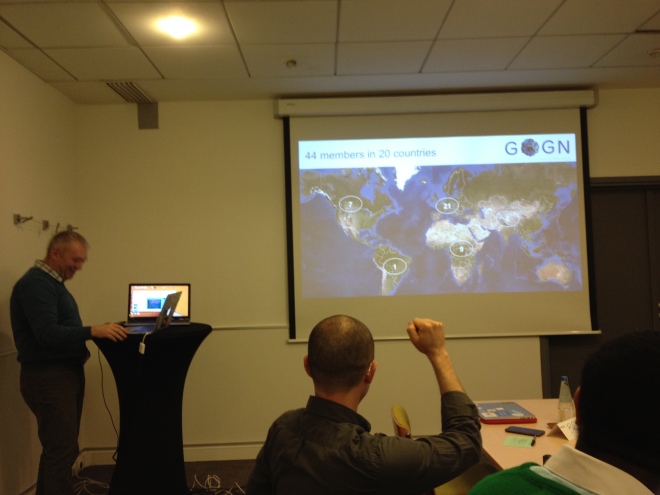
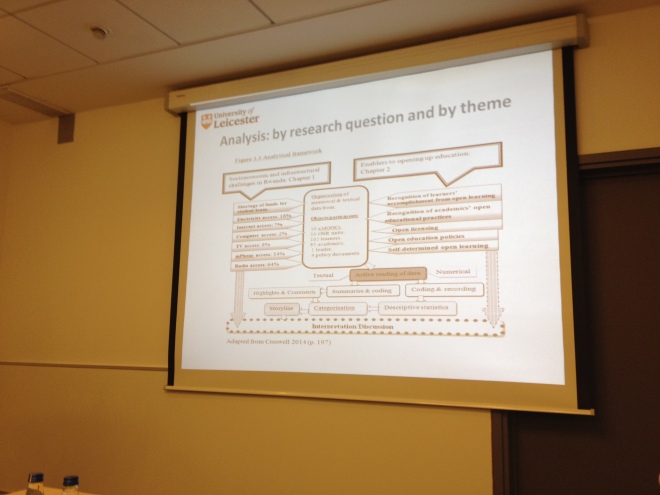
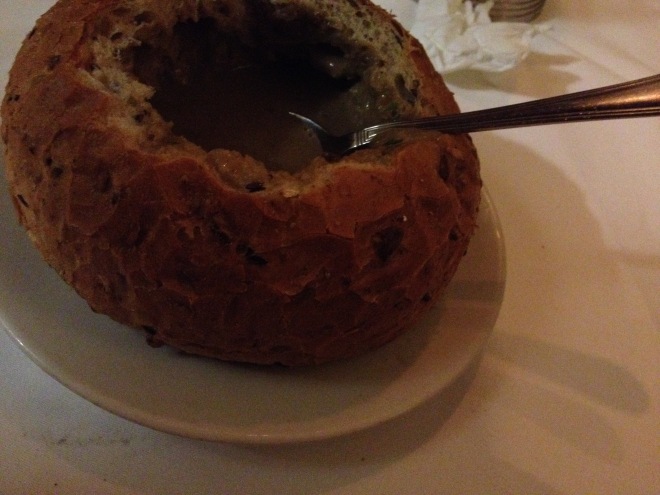
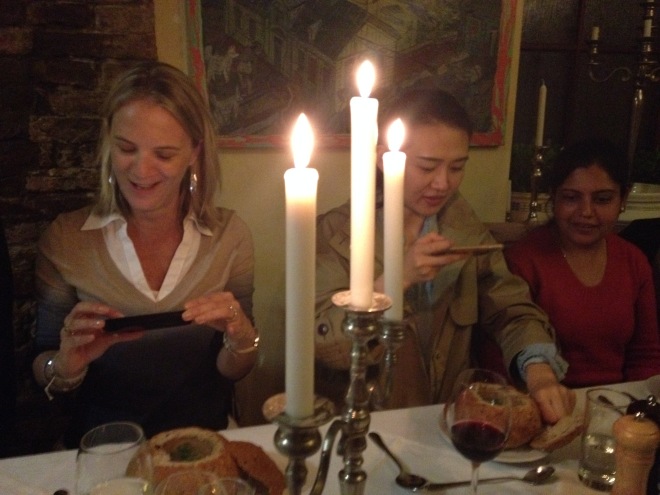
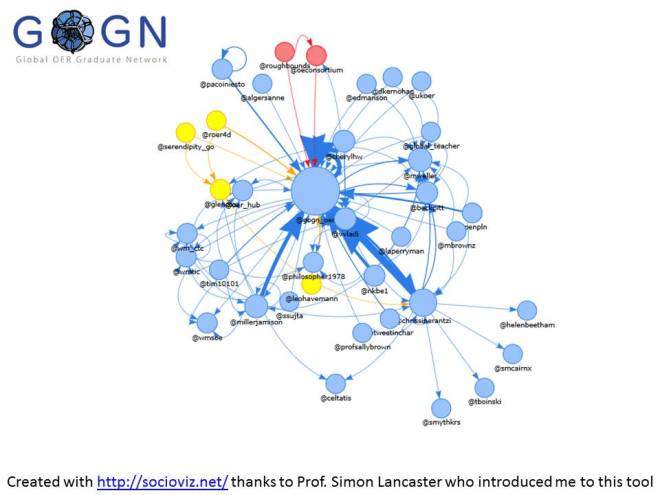
You must be logged in to post a comment.